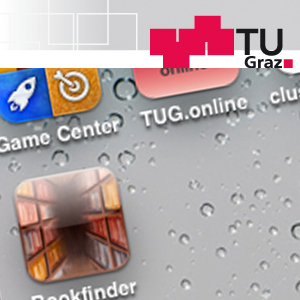Our publication about „L3T assists m-Learning“ at Mobile learning: Crossing boundaries in convergent environments Conference in Bremen ist now onine available.
Abstract:
L3T is a project founded by two researchers of Technology Enhanced Learning in April 2010 with the goal to establish a book for learning and teaching with technologies, short e- Learning. Due to the fact that publishing a book in a traditional way is not appropriate for a Web 2.0 community the project integrates from the very first beginning different Social Media channels like Facebook, Twitter, YouTube etc. as well as provides different possibilities for access via mobile phones. In this publication we give a short overview about the mobile Learning Strategy im more detail how we are able to ensure that all chapters of the book can be read with modern smartphones like iPhone or Android phones by developed appropriate Apps. Furthermore an iPad App gives insight in the possibilities of providing chapters as innovative and interactive eBooks.
Klicken Sie auf den unteren Button, um den Inhalt von www.scribd.com zu laden.
Reference: Ebner, M., Schön, S. (2011) L3T assits m-Learning, Rummler, K., Seipold, J., Lübcke, E., Pachler, N., Attwell, G. (Ed.), Mobile learning: Crossing boundaries in convergent environments conference, Bremen, 2011, p. 69-21




